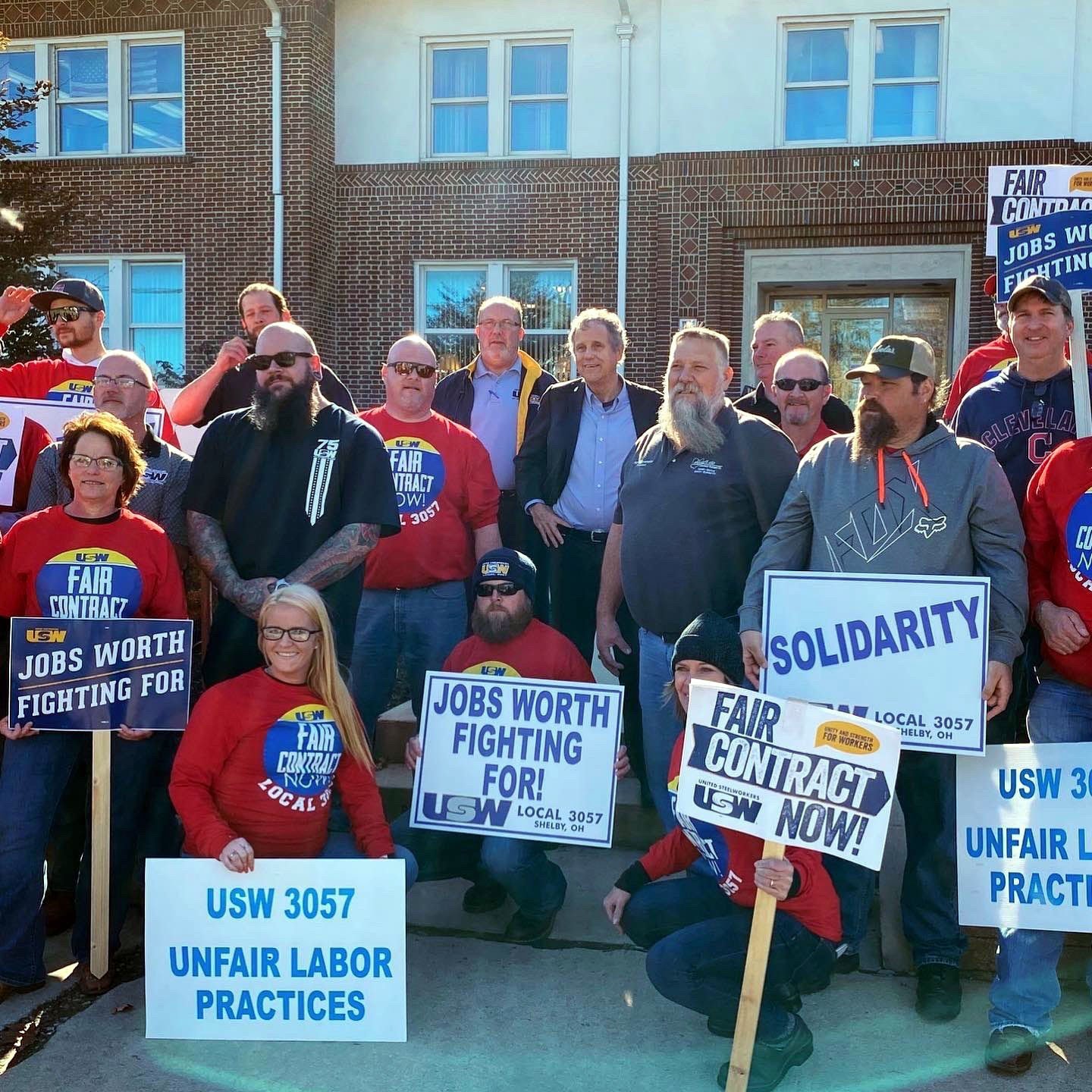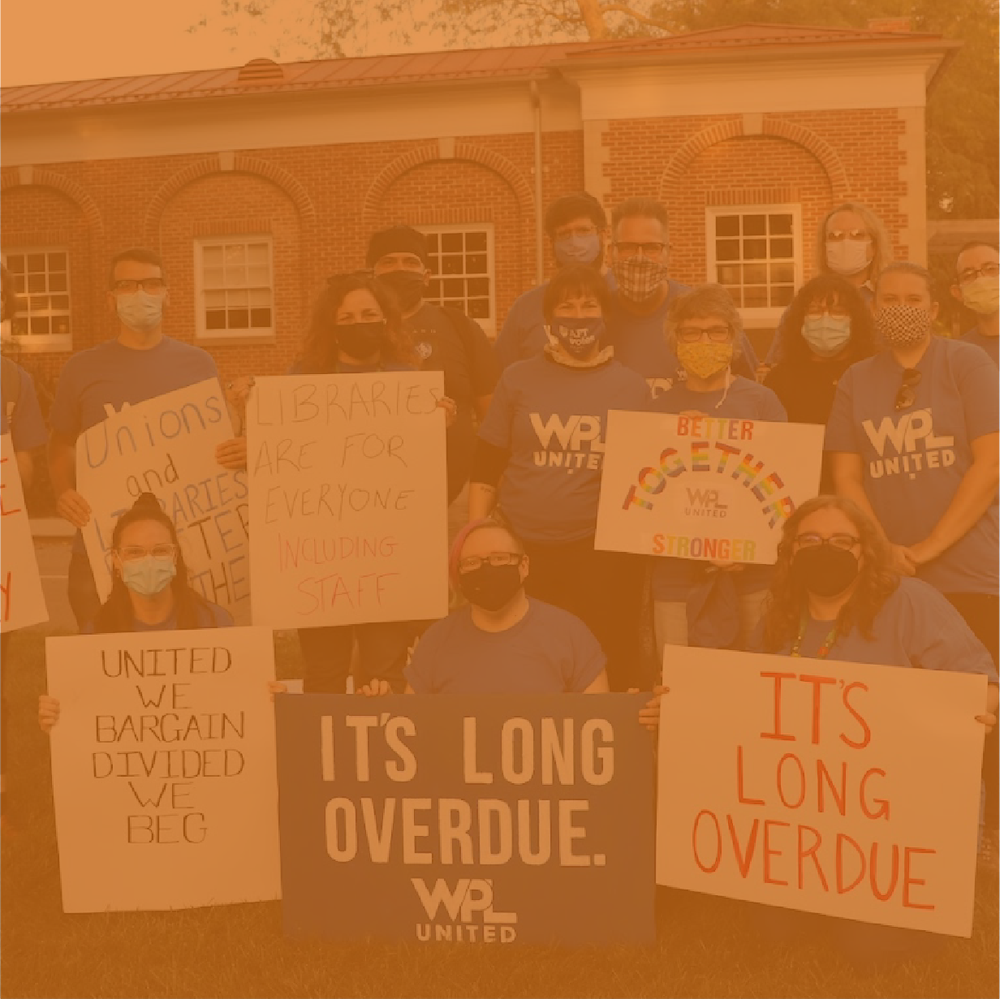
What Unions Do
BUILDING WORKER POWER
With unions, the power is with workers. Having a seat at the table to advocate for better pay, benefits, and working conditions strengthens our workforce. When workers are empowered to advocate for their best interests and those of their co-workers, their power grows and the union way expands.
COLLECTIVE BARGAINING
Working people, through their unions, negotiate contracts with their employers to determine the terms of:
Employment
Pay
Benefits
Hours
Leave
Health and Safety Policies
Work/Life Balance Protections
In the United States, some three-quarters of private-sector workers and two-thirds of public employees have the right to collective bargaining, and the freedom to form and join a union is core to the U.N. Universal Declaration on Human Rights and is an “enabling” right—a fundamental right that ensures the ability to protect other rights.
PROTECTING WORKPLACE RIGHTS
Working people in America have certain basic legal rights to safe, healthy and fair conditions at work. But many employers violate these fundamental rights because they value their profits more than their workers. When you are part of a union, you are protected against discrimination in all forms, including gender, sexual identity, religion, and others. Union members also enjoy protection over wages, benefits, and leave, as well as against unlawful termination, wage garnishment, and worker’s compensation.



